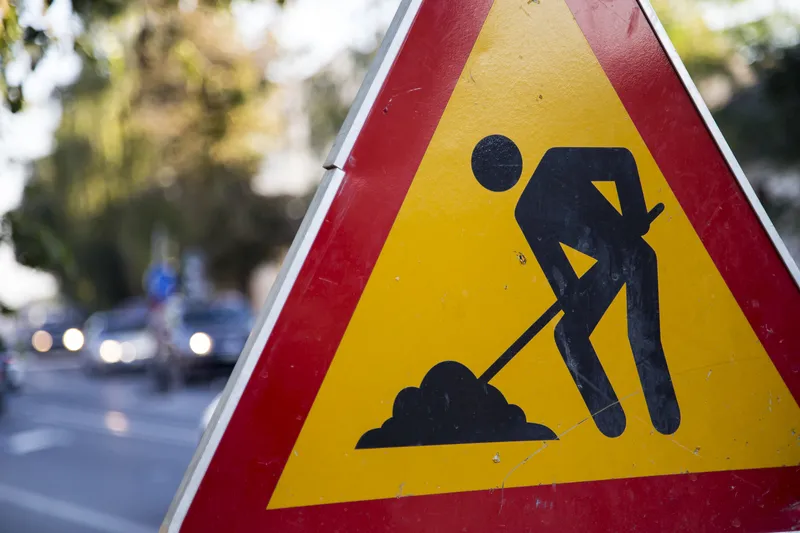
Asecap is supporting an initiative designed to bring road workers and road users closer together, helping the latter to understand their key role in keeping the former safe.
The European toll operators trade association says the #(S)heWorks #ICare campaign, which has been run in several countries, will help to improve safety.
At the Salzburg 2023 Asecap Road Safety Days, it was agreed that, "among other things, getting to know one another better is essential to enhancing mutual respect".
There will be a European Awareness Day on 20 June, 2023 to emphasise the issue.
"There is a significant increase in accidents involving motorway maintenance workers who are vulnerable people," Asecap says.
"These accidents mainly concern motorway patrollers - but also all other persons working on motorways for the safety of all (police, firemen, emergency services, towing companies)."
Often they occur in the middle of the day, on sections with good visibility, while signalling equipment is active and clearly visible - such as rotating lights, luminous arrows on the roof of the vans, cones and so on, Asecap says.
Drowsiness or distracted driving - perhaps through use of smartphones, navigation apps or in-vehicle entertainment systems - is at the root of many injuries and fatalities.
There needs to be a "mobilisation of all actors for a change in behavior and awareness of the danger caused using screens".
"Ensuring the safety of patrollers through prevention and enhancing the bond between them and drivers – among whom professional drivers play a key role - is the red wire of the awareness campaign," Asecap concludes.









